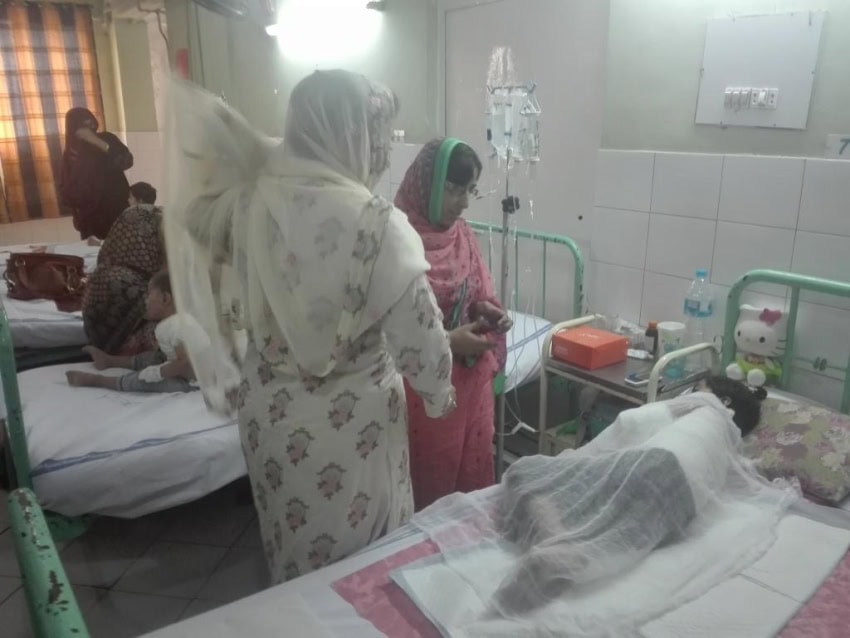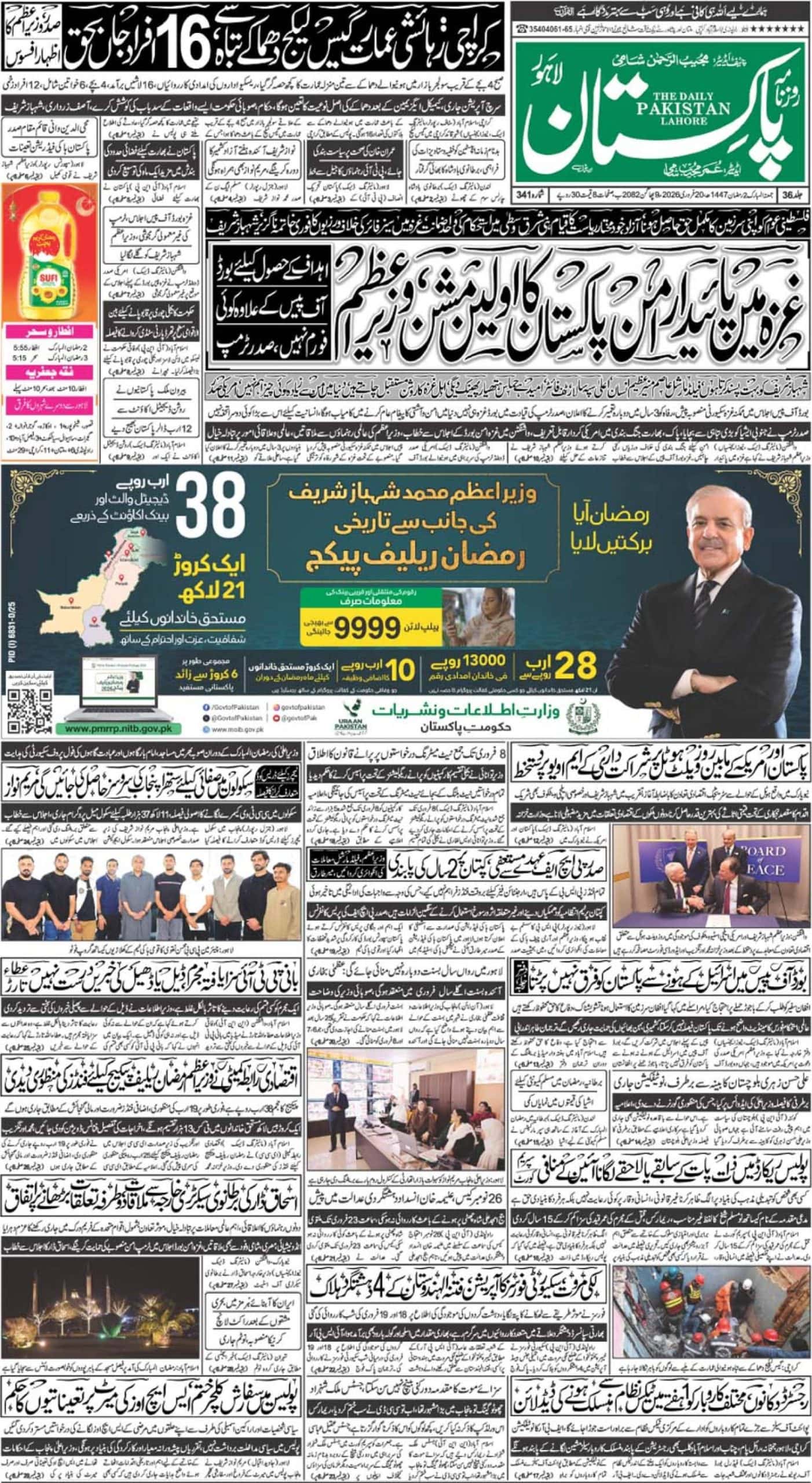Asmad Bin Ali
In 2023, Pakistan is confronted with a concerning rise in poverty rates. According to the recent World Bank report, the poverty rate has escalated significantly from 34.4% in 2018 to a staggering 39.4%. This marks a distressing increase of over five percent in just five years, resulting in 12.5 million individuals falling below the poverty line.
The widespread issue of inflation, exceeding 25 percent, has pushed the middle class to the brink of financial stability. Many find themselves living from one paycheck to the next, with no financial safety nets for the future. This dire economic situation has dire consequences for the nation’s healthcare system, creating formidable obstacles to accessing quality medical services.
The burden of this predicament falls heavily on the shoulders of countless citizens, particularly those in the middle and lower socioeconomic strata. They face tremendous challenges in accessing essential healthcare, often resulting in delayed treatment or substandard care, tragically leading to preventable deaths. The daily struggle for survival is exemplified by the fact that many impoverished individuals must contemplate whether they can afford a second meal in a given day. Homelessness forces some to scavenge for leftovers and scraps, exposing them to infections and severe health conditions.
This desperate situation exacerbates another pressing concern: the inability to seek medical attention in hospitals due to financial constraints. Consequently, people resort to unconventional methods of treating illnesses at home, often with dire consequences, including loss of life. Shockingly, more than half of the population in Pakistan lacks access to basic primary healthcare services, and nearly 42% remain without health insurance coverage.
The healthcare infrastructure in Pakistan is strained, with approximately 1200 public hospitals struggling to meet the needs of the population. A shortage of hospitals, medical professionals, including doctors, nurses, and paramedical staff, plagues the system. Life-saving medications often come with exorbitant price tags, making them inaccessible to those in need. Moreover, recurrent shortages of essential medicines in the market only compound the challenges faced by patients. Childbirth at home has become a common practice in Pakistan, primarily due to the prohibitively high costs associated with hospital deliveries, including taxes, accommodation, medications, and food expenses. Shockingly, approximately one in three babies in Pakistan is born at home, leading to potential complications for both mothers and infants in the long run.
Confronting these pressing challenges demands our immediate and unwavering commitment to comprehensive solutions. It is imperative not only to overhaul the healthcare infrastructure but also to embark on a multifaceted mission to eradicate poverty and reigon in inflation. Every citizen must have equitable access to the high-quality healthcare they rightly deserve. This is not merely a policy imperative; it is a moral obligation we must fulfill without delay. The time to act is now, for every life truly matters, and the well-being of our nation hinges on our collective resolve to effect meaningful change.
The author is a student of Grade 9 at Aitchison College, Lahore.














